Make Scheduled Caste Status Religion Neutral : Plea In Supreme Court
- Dignity Post
- 20-07-2023 09:21
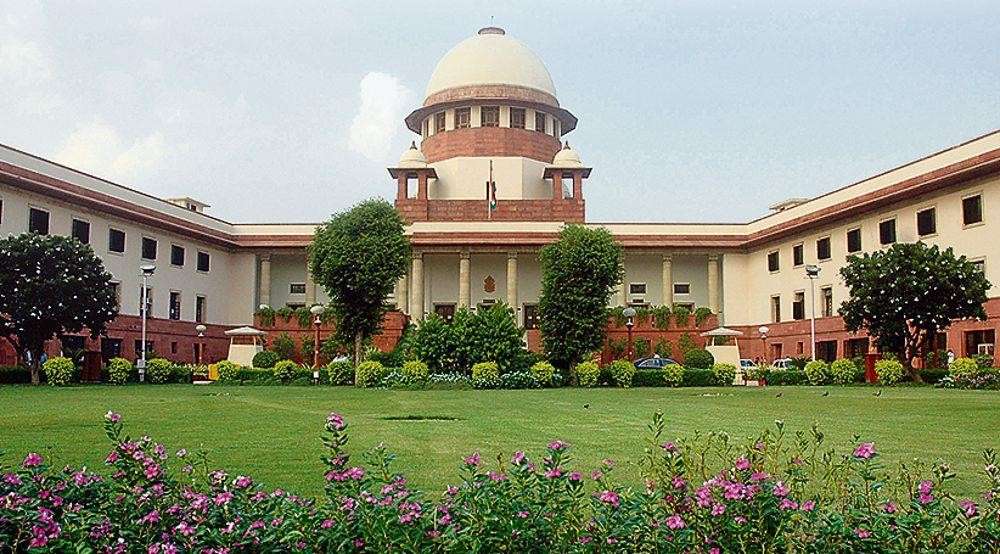
Supreme Court seeking a declaration that 'religion' should not be used as a criterion to grant Scheduled Caste status.
A petition has been filed in the Supreme Court seeking a declaration that 'religion' should not be used as a criterion to grant Scheduled Caste status.
On July 3, a bench headed by Justice Sanjay Kishan Kaul ordered that the petition filed by Tamil Activist Kundanthai Arasan to be tagged along with the pending petition seeking SC reservations for Christian and Muslim Dalit converts.
The petitioner challenged and sought to declare paragraph (3) of the Constitution (Scheduled Castes) Order, 1950 issued in exercise of Article 341(1) of the Constitution of India as unconstitutional and void. The petition seeks to "delink religion for the consideration of Scheduled Castes status and make Scheduled Castes status as religion neutral concerning Christians and Muslims of Scheduled Castes Origin people for extending them the Scheduled Castes status".
“Religion” is not criteria under Art. 341 of Constitution
The petitioner argued that since the word “religion” does not exist in Art. 341(1), the religious ban of Paragraph 3(concerning Muslims and Christians) of the Constitution Schedule Castes Order, 1950 should be deleted. Such a ban constitutes a gross violation of the Constitution's Art. 14, 15, 16, and 25. They contended that since religion is not the criteria for grant of SC status, therefore the same should not be used to deny it as well.
Change of religion does not change the social structure
The petitioner contended that Caste-based discrimination and untouchability is a social phenomenon not religious. Christians and Muslims of SC origin also face traditional practice of untouchability on par with their Hindu, Sikh, and Buddhist counterparts.
The petition also referred to the Report of Backward class commission(1955) which noted that “Indian Christians were still guided by caste not only in the matter of untouchability but in the social hierarchy”
It also referred to L. Elayaperumal Commission Report observed that “SCs who got converted to religions other than Hinduism should be given similar concessions since they suffer from same disabilities.”
The Scheduled Castes status had been extended to the Buddhists of Scheduled Castes Origin as per the recommendation of the High Power Panel on Minorities, 1983 but the same commission had also recommended granting SC status to other religious SC people.
Moreover, Justice Renganath Mishra's Report recommended deleting paragraph 3 of the Constitution (Scheduled Castes) Order 1950 to make the Scheduled Castes net fully religion-neutral like that of the Scheduled Tribes.
The main opposition by the respondent hinges on the notion that “both Christianity and Islam are historically foreign religions and thereby do not recognize caste system as done in Hinduism.”
Social exclusion is different from religious ethics
The petitioner contended that Christianity and the Christian Churches do not recognize racism and apartheid at the International level. In India also, Christianity and the Christian Churches do not recognize untouchability/ caste discrimination, (but among Christians, caste discrimination is prevailing) and vice versa the Hindu religion also does not motivate and recognize the untouchability practice.
Exclusion based on religion proscribed under International Covenants
International Convention on the Elimination of all Forms of Racial Discrimination, 2007 report recommended: “the State party should restore the eligibility for affirmative action benefits of all members of scheduled castes and scheduled tribes having converted to another religion.”
The petitioner is the founder of Viduthalai Tamil Puligal Katchi- a Political Movement and belongs to the SC community. The petitioner was represented by Advocates Franklin Caeser Thomas, Chand Qureshi AoR, Mohammad Usman Siddiqui, Aisha Siddiqui, Sakeena Quidwai,S. Venmani, and K.R. Anand
Source: /www.livelaw.in


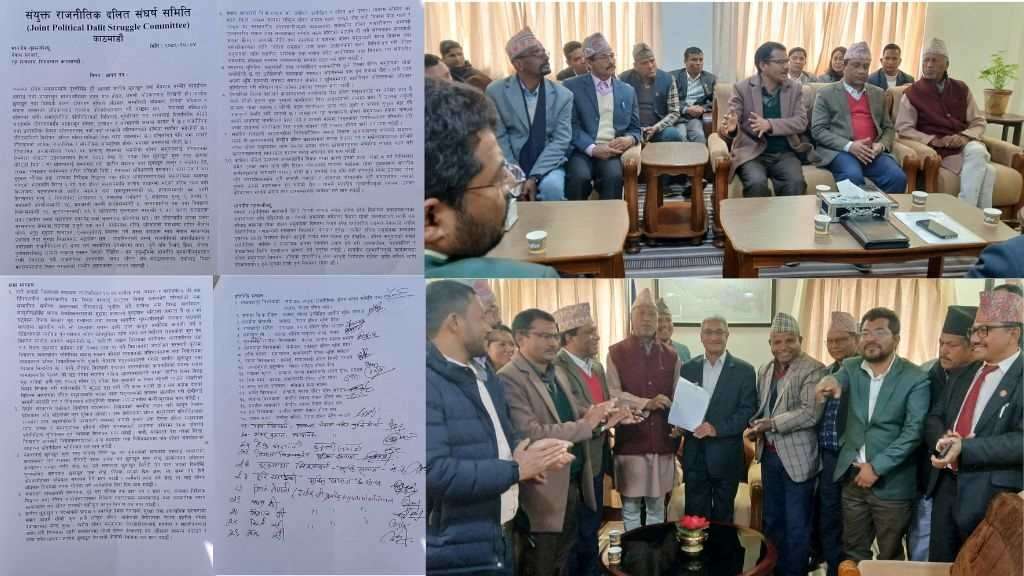
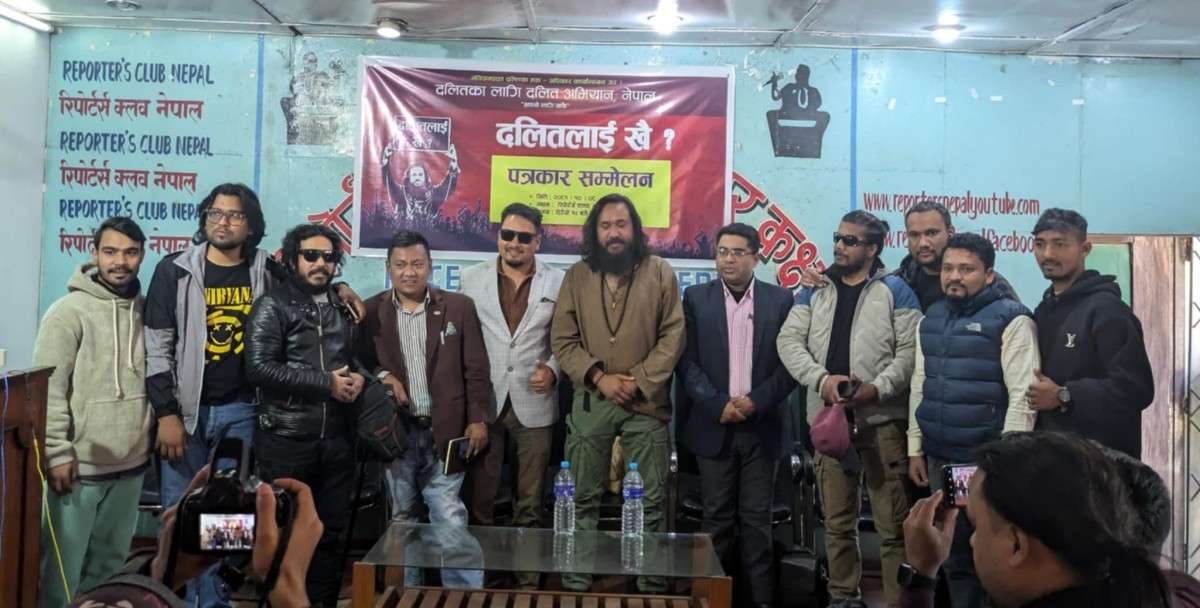
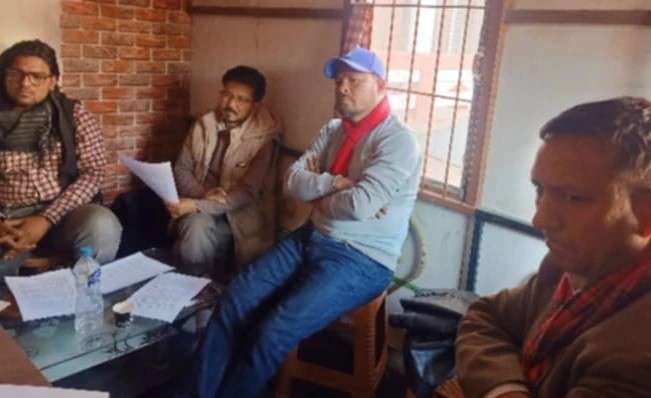
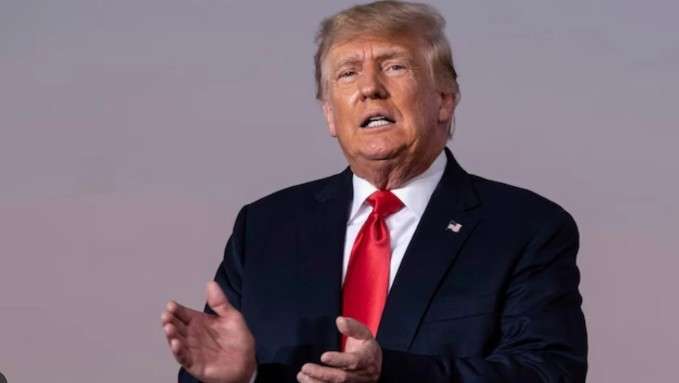
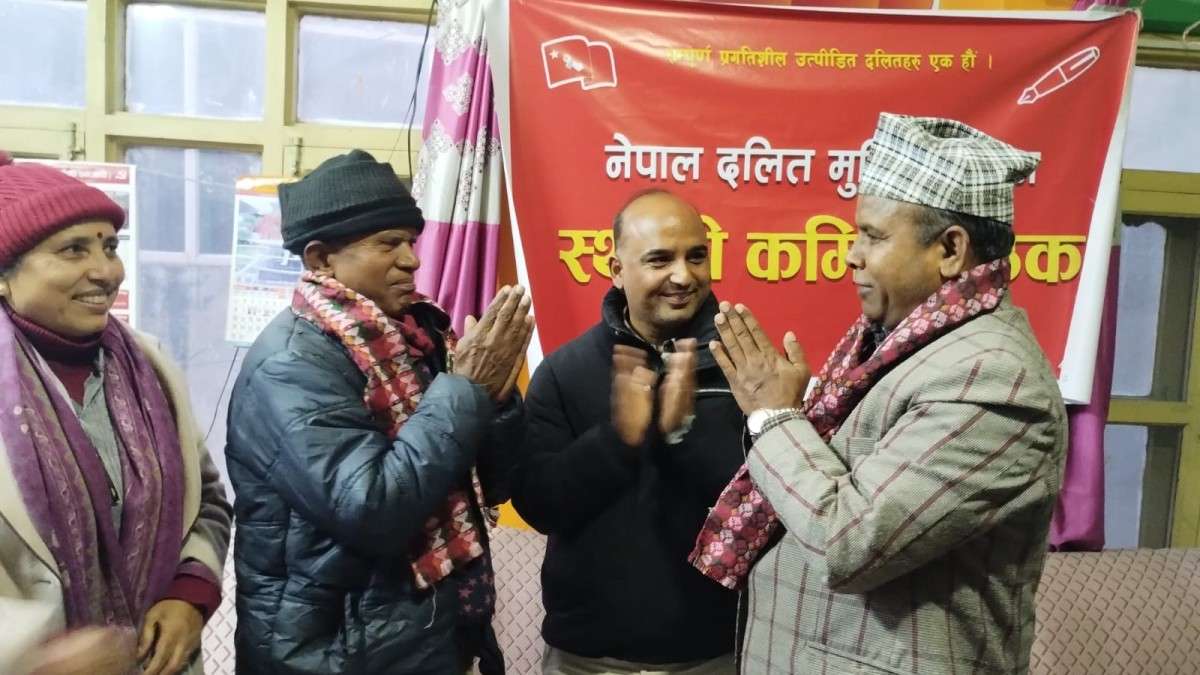
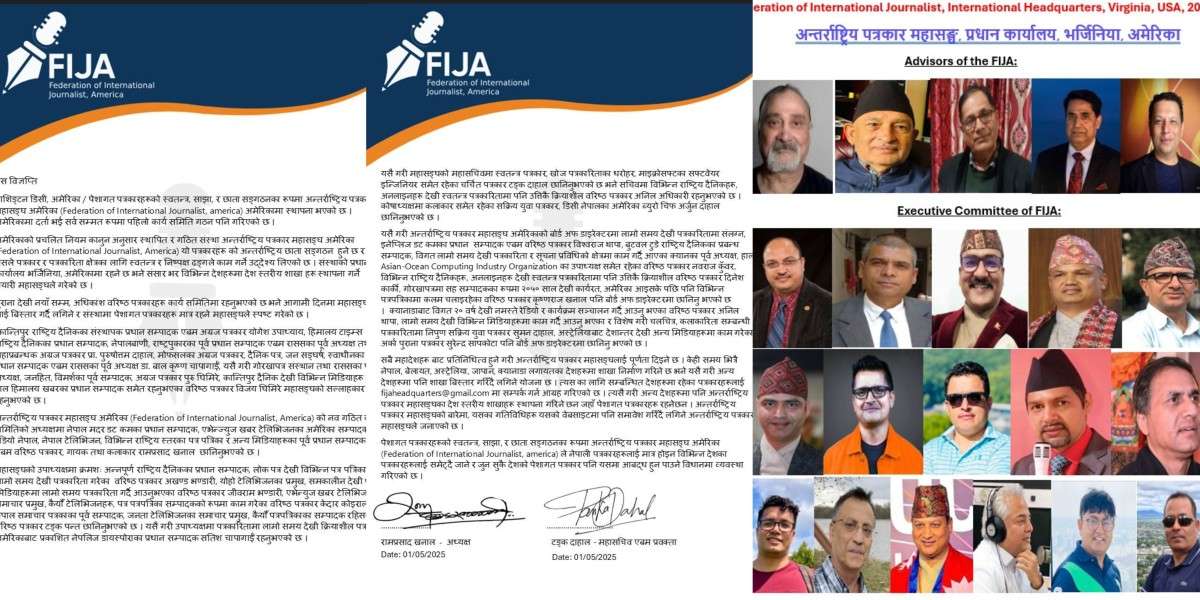



Conversation